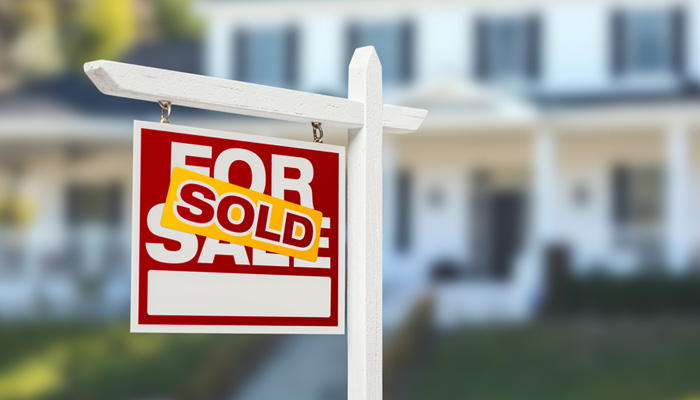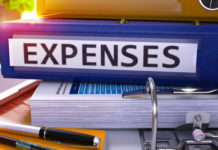Thinking about taking your first step into the world of real estate investment? There’s an overwhelming amount of information out there, but don’t worry—we’ve got the basics covered right here. From financing to location and what to charge for rent, here are the 5 things you need to know as you consider buying a real estate investment property.
How’s Your Credit?
Before you get started on the real estate investment path, you need to make sure that you have sterling credit. While the actual number value varies from bank to bank, most lenders are tougher when it comes to borrowers who want to buy an investment property rather than a home where they plan to live. If you have issues with your credit, start cleaning them up now by disputing incorrect information and working to resolve any black marks on your record.
Study Up on Taxes
The good news is that while it’s harder to get a loan for a real estate investment, you do get some nice tax perks. Those include the depreciation write-off, which allows you to deduct the depreciation of your rental property from your income. Check with an accountant or tax professional to understand how your personal finances will be impacted.
Think Wholesale
In the real estate industry, wholesale properties are those that get sold at a major discount. These are often fixer-uppers that need work before they’ll be ready to rent, but savvy investors quickly learn to pick properties that’ll turn out to be profitable in the long run.
Check out our tips on buying a fixer-upper here! [LINK TO FIXER-UPPER POST]
Pick the Right Location
There’s some debate about whether it’s best to buy the worst house in the best neighborhood or to look for an up-and-coming neighborhood that’s on the verge of breaking out. Much depends on the makeup of your area, but generally speaking you want to look for properties that have potential. Neighborhoods have lifecycles, just like anything else, and you don’t want to invest in a location that’s on its way down.
The Golden Rule
This is one of the central principles of real estate investment, so pay attention. The 1% Rule means that every month, your rental property needs to produce 1/100 of the purchase price. If you bought a home for $120,000, you’d need to charge $1200 for rent. Sounds pretty simple, right?
There’s a lot more to learn about real estate investment. For every person who has created a reliable stream of income for themselves through rental properties, there’s another who ended up losing money (or even bankrupt) because they made poor investments. Having a professional real estate agent help you through the process makes it more likely that you’ll succeed.












